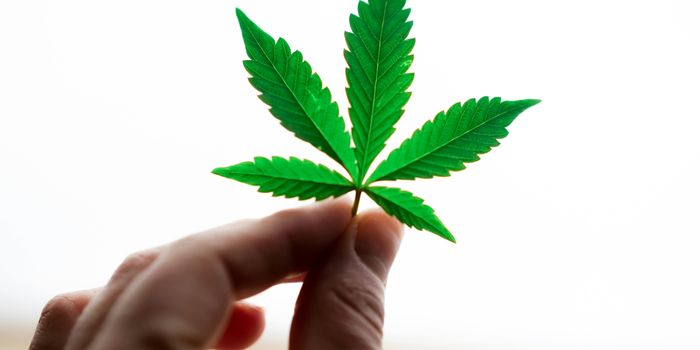Why Cannabis Makes Everything Seem Interesting
Experiencing novelty- or new things- is something most people look forward to. Whether it's traveling to new places, buying new clothes, making new friends, or eating a new dish- novel experiences are often both refreshing and fun. And as it turns out, the psychoactive compound in cannabis- tetrahydrocannabinol (THC)- is very good at flicking on this novelty switch in our brains too. But how?
The answer lies in the amygdala, the brain's emotional center. Beyond processing emotions, this part of the brain also compares incoming stimuli to those already familiar. When it receives an unfamiliar stimulus, like wearing a new shirt, it adds a unique 'zing' to alert to its new sensations- its texture, weight, and warmth. After you become used to the shirt, however, the amygdala stops adding this 'zing,' and you stop noticing how it feels to wear it.
As it turns out, this 'zing' function in our amygdala is regulated by our endocannabinoid system. And THC has a particularly strong influence on it, lowering the bar for what is recognized as 'new,' ultimately making us experience more novelty, more intensely.
This heightened ability to sense novelty makes even simple and otherwise familiar things- like the streets in your neighborhood or walking to your kitchen, seem like a new adventure. It also makes looking at things we usually don't pay too much attention to like nature, fireplaces, and flowers seem more appealing; their small details suddenly become alive. This feeling of intense novelty during a 'high' leads many to repeat their use of cannabis.
Curiously, however, using cannabis or THC is not the only way to experience this heightened sense of novelty. For example, meditation and jogging have also been shown to elevate the presence of endocannabinoids in the amygdala, and thus produce similar experiences.
Sources: Psychology Today, Leafly









